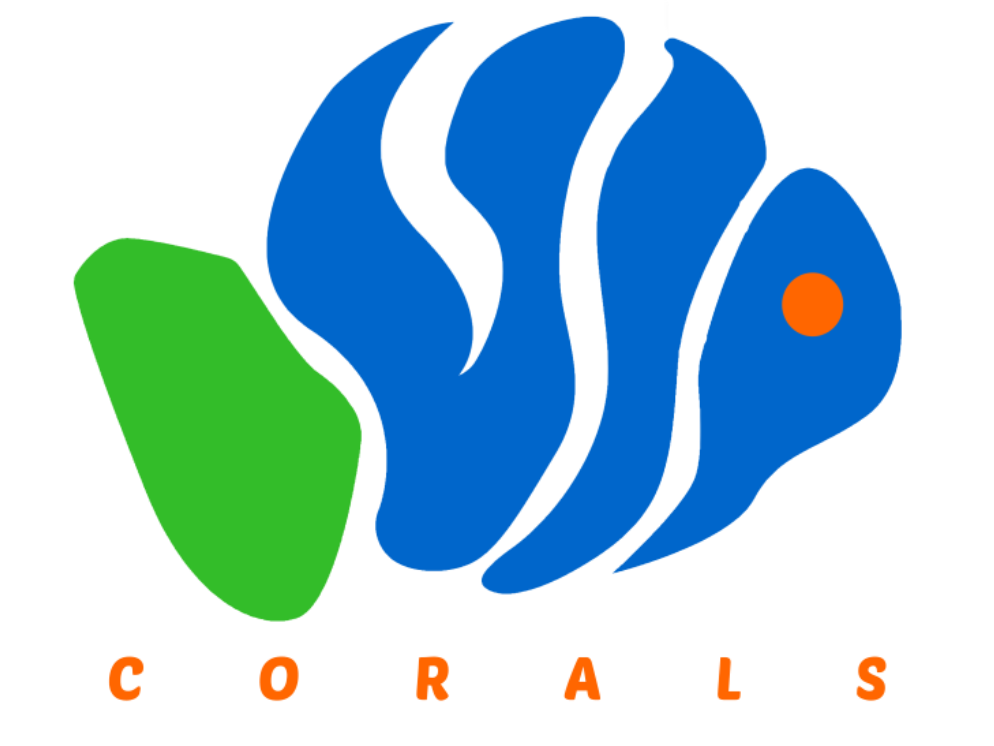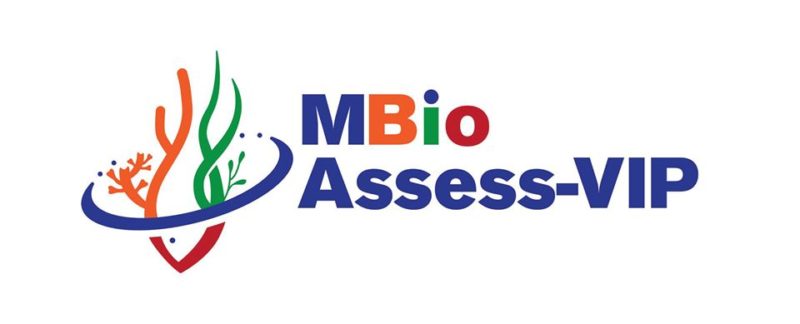Jayvee A. Saco, Miguel Enrique Ma. A. Azcuna, Najeen Arabelle M. Rula, Jonel M. Corral, Jovy Ann P. Valera, Enriquo Martin C. Velasquez, Khay Ann J. Ramos, Alecs L. Persia, Jade Symon A. Binay, and John Matthew H. Arcega
Rationale
The Verde Island Passage is considered to be the world’s center of the center of marine shore fish biodiversity (Carpenter and Springer XXXX). However, VIP is under threat due to increasing industrialization, tourist and human activities and even climate change. And there is no coherent information on the possible effects of these factors. Among marine ecosystems, seaweed, seagrass and coral are the popular bioindicators of the health, status and conditions of the marine environment. In addition, most of the voucher specimens of the collection in the VIP are housed in foreign agencies. Furthermore, there is low or inadequate understanding and knowledge about the VIP among coastal communities that could also be one of the hindering factors along with the gaps above to have effective conservation efforts in the VIP.
Objectives
The MBioAssess-VIP project aims to assess species abundance and cover of the surveyed organisms in seaweed/seagrass and coral communities between pristine and eutrophicated areas and establish an extensive database on marine resources in the VIP. This also aims to develop and implement the information, education and communication (IEC) strategic plan to increase awareness, education and engagement of school, local government units (LGUs), non-government organizations (NGOs), resorts hotels and other stakeholders with regards to conservation and management of marine biodiversity within the VIP.
Accomplishments
- The project conducted an Inception Meeting last March 28, 2020.
- Conducted virtual training on corals, seagrass and seaweed identification and assessment methods for 15 participants from partner state universities and colleges (SUCS), resorts and LGUs last August 17, 2020.Representatives from the collaborating SUCs and resorts were trained by the project personnel on the seaweed/seagrass and coral reef assessment methods.
- A strategic meeting was also conducted on the last day of the virtual training to identify the possible sites for biodiversity assessment. The MBioAssess-VIP Facebook Page was also launched on the last day of the virtual training.
- Virtual MOA signing was also conducted and sent out copies of the notarized MOA with partner SUCs.
- Hired research assistants for the project and did strategic planning for first fieldwork with partners. Potential sites for surveys were identified, and some of the logistics were outlined. A tentative schedule was also agreed upon.
- Set-up of an official Facebook page for the Project to keep partners and stakeholders updated on project activities and progress.
- Fieldwork for the northeast monsoon season in Batangas and Marinduque was conducted last November 28 – December 10, 2020 and in Oriental Mindoro and Occidental Mindoro was conducted last January 25 – February 12, 2021.
- Fieldwork for summer season in Batangas was conducted last May 3-10, 2021 and fieldwork for summer season in Marinduque was conducted last May 28 to June 6, 2021.
- The MBioAssess-VIP project personnel presented the initial results of the seaweed/seagrass and coral reef biodiversity assessments on the 16th National Symposium on Marine Science last July 22-24, 2021.
- The manuscript on seaweed and seagrass biodiversity was submitted to the Philippine Journal of Science for publication.
- The project leader, Dr. Jayvee A. Saco together with the project staff Dr. Miguel Enrique Ma. A. Azcuna and Ms. Najeen Arabelle M. Rula, M.Sc. presented the initial results of the project to the webinar conducted by DOST-PCAARD via Facebook Live entitled Webinar on Marine Biodiversity in Verde Island Passage on August 19, 2021.
Project References:

